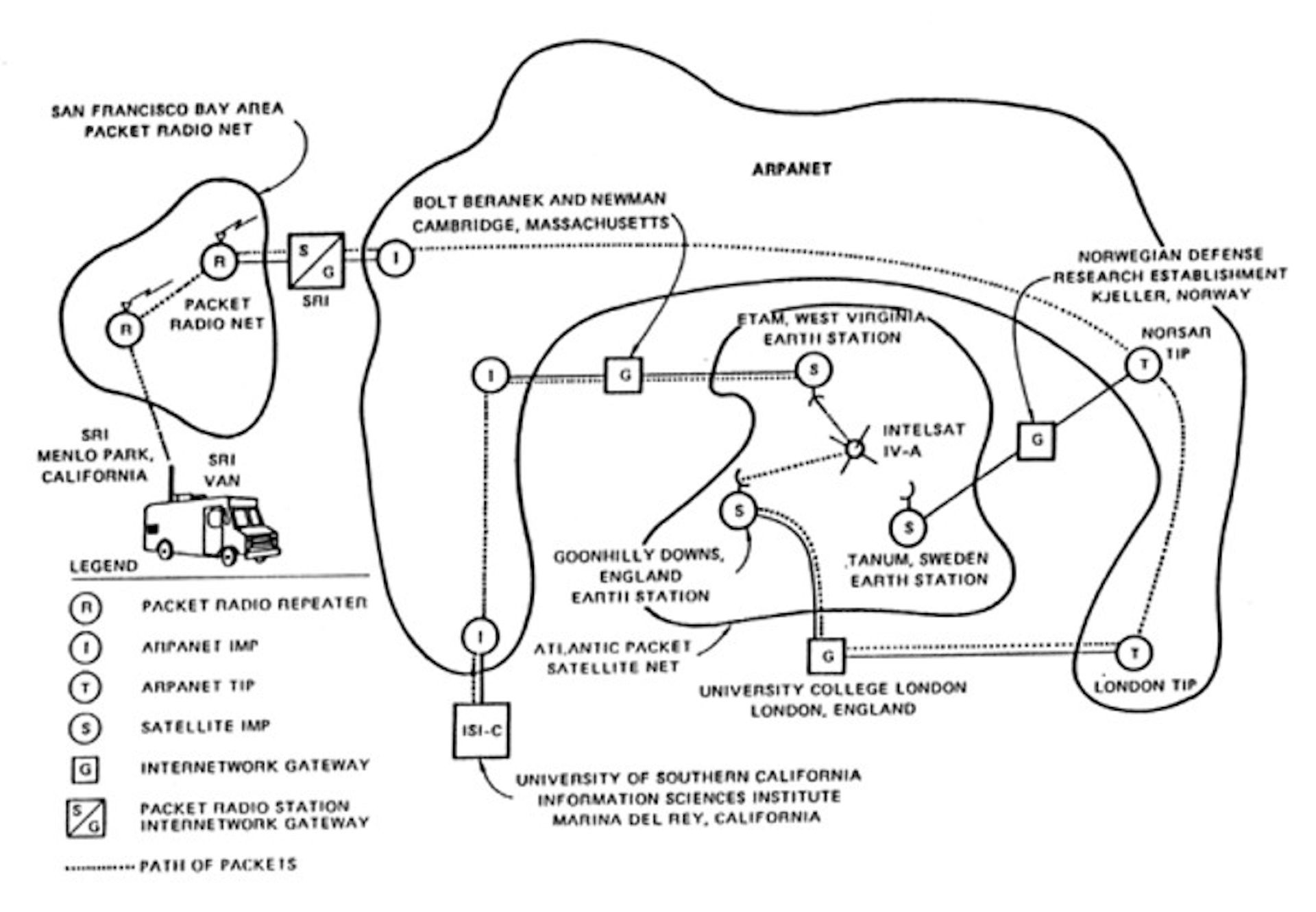
In 1973, Britain made history by establishing its first connection to the precursor of today's internet - the Arpanet. This groundbreaking achievement was led by researchers at University College London (UCL), marking the UK's entry into the digital age.
The journey wasn't smooth sailing. When UCL received the necessary equipment from the US Defense Advanced Research Projects Agency (DARPA), it was immediately impounded at Heathrow Airport for import duties and VAT. Through clever maneuvering, declaring it as an "instrument on loan," the team managed to get the equipment released.
In July 1973, the first transmission was sent from London, through Norway, to the University of Southern California via Arpanet. This made UCL the first institution outside the United States to join the network.
The connection included innovative security measures - notably implementing the first-ever password protection system on Arpanet. This proved invaluable in managing access and maintaining security over the following 15 years.
The project gained royal recognition when Queen Elizabeth II sent her first email in 1976 during the opening of a building at the Ministry of Defence's Royal Radar Establishment in Malvern - becoming the first head of state to do so.
The UK connection grew steadily, requiring additional equipment imports. A landmark treasury ruling in 1976 allowed the research group to import equipment free of VAT and duty, helping maintain the operation's independence.
UCL played a pivotal role in early internet development, becoming the first organization on Arpanet to adopt TCP/IP as standard - the protocol that would become the foundation of today's internet. The university also connected the first multi-service network outside the US, helping establish Britain's academic network, Janet.
This early adoption of internet technology positioned Britain as a key player in the digital revolution, laying the groundwork for the country's future in the connected world we know today.